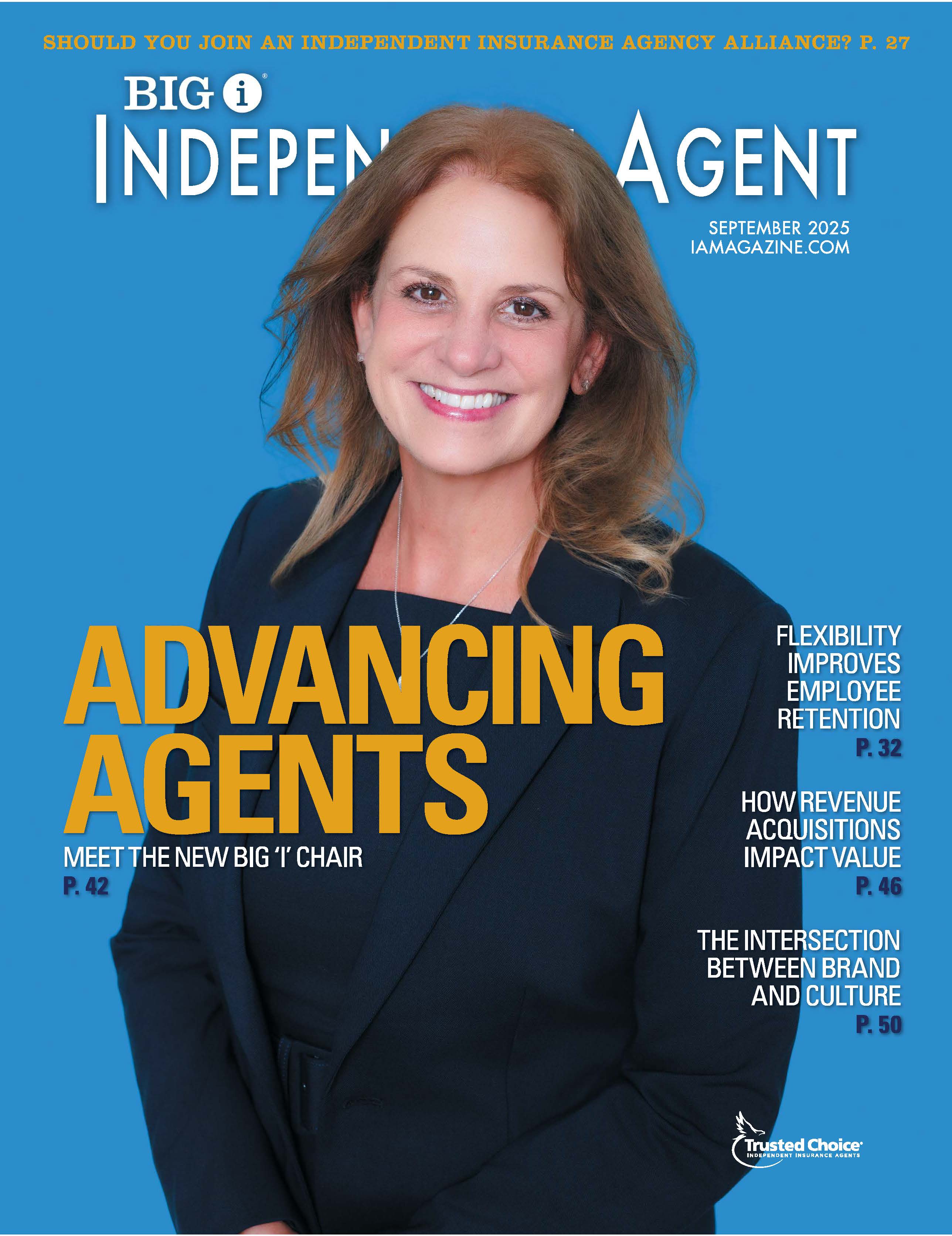5 E&O Loss Control Habits of Successful Agencies

By: Brian Butcher
Stephen Covey’s popular book, “The 7 Habits of Highly Effective People,” has been a business and self-help go-to for nearly three decades.
In a similar vein, I contacted several agency risk managers, agency principals and Westport’s panel defense counsel and asked, “What practices and procedures best serve an insurance agency with respect to reducing or eliminating their errors & omissions exposures?”
Here are the five behaviors and habits I encountered most frequently:
Culture. Agency principals and management shape every corporate behavior by the type of culture they create and nourish. The agency principals I spoke with emphasized the importance of immediate and formalized training for new employees, highlighting behaviors that are particularly important to the agency. Continued employee training is also crucial in order to keep staff abreast of new developments and underscore appropriate risk management practices.
One agency I spoke with holds weekly 30-minute seminars on a variety of topics and involves employees and managers in conducting them. Other successful agencies hold quarterly meetings with employees to review work plans and discuss various areas of concern and progress.
Documentation. Any professional liability claims handler will affirm the importance of frequent and meaningful documentation when it comes to defending an E&O claim. The agencies I spoke with devote special attention to documenting important conversations with their clients via file notes, emails and letters. The application process is particularly important—a careful review of all initial and renewal applications for accurate information and necessary signatures significantly reduces E&O exposure.
It’s equally important for agency personnel to check and double-check all correspondence—email, letters, file notes—before sending and recording them. A good test: Think about how the email or file note would look to an independent party, several years down the road. In the event of legal proceedings, most jurisdictions require agencies to produce this file information.
Consider attaching a cover letter to any important documents your agency sends to a client, and make sure to support all offers to obtain higher limits or additional coverage with thorough documentation. Similarly, document any customer rejection of such an offer and communicate it to the customer.
Diary. The successful agencies I spoke with use effective and efficient diary systems that enable monitoring and follow-up on key documents, meetings, renewals, quotes applications and more. This also includes diaries for management to periodically review employee work and confirm adequate coverage for employees while they are sick or on vacation.
Checklists and workflow. It is important to ensure consistency in the way employees perform their jobs. A good checklist helps provide direction.
Audits. A variety of parties can complete an audit, including internal/quality managers, outside consultants and defense counsel. Most of the agencies I spoke with combine periodic internal audit procedures with independent external audit procedures. The key is to make sure additional people review processes and workflow, and to have at least one independent set of eyes review agency practices and procedures.
The most successful agencies take risk management very seriously. That means creating and nurturing a highly effective company culture that expects buy-in from everyone, top to bottom.
Brian Butcher is a vice president and claim expert at Swiss Re Corporate Solutions and teleworks out of the Overland Park, Kansas office. Insurance products underwritten by Westport Insurance Corporation, Overland Park, Kansas, a member of Swiss Re Corporate Solutions.










